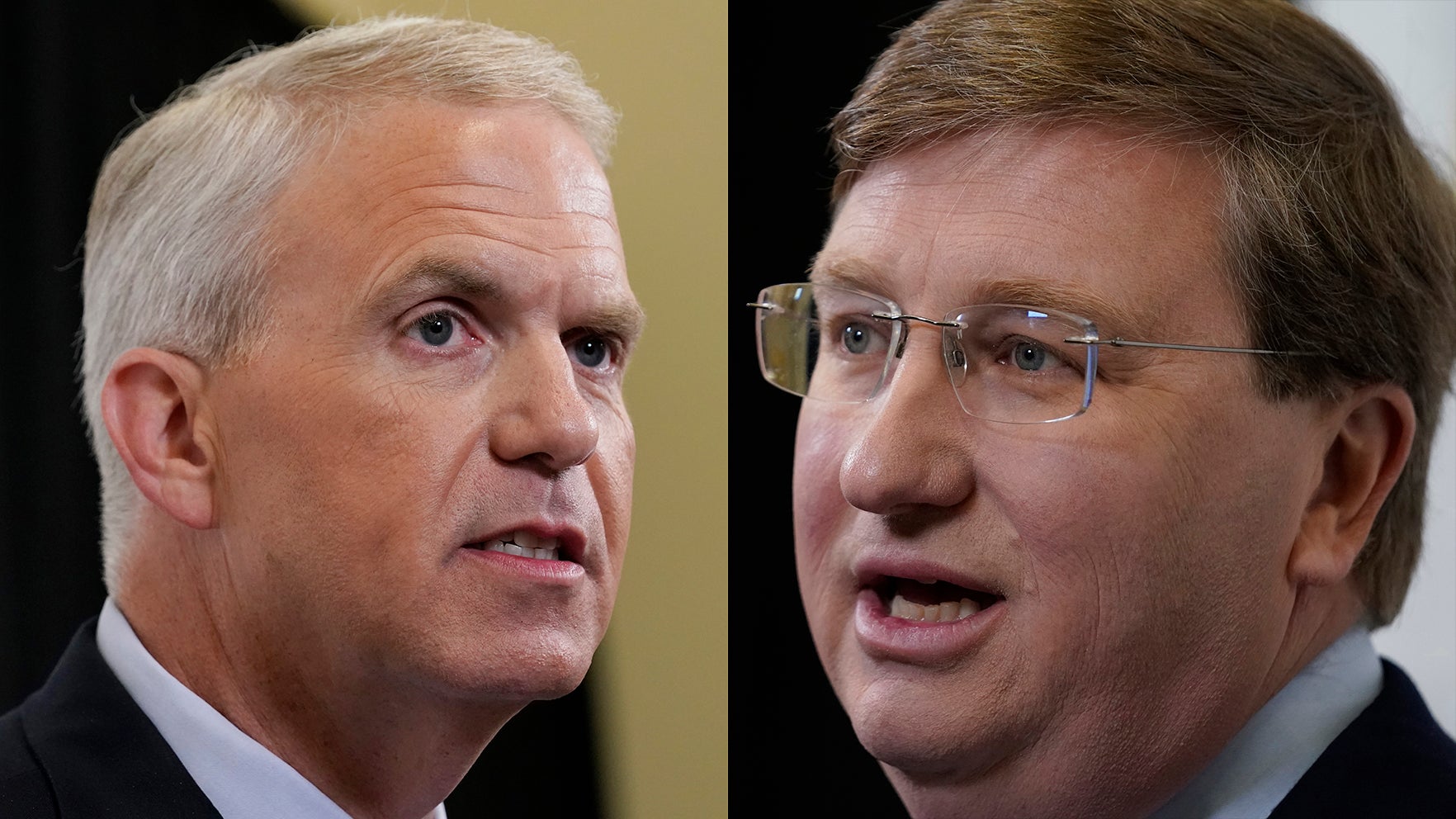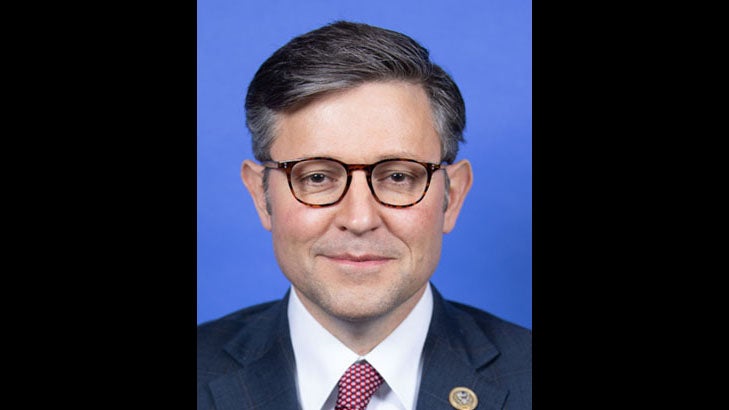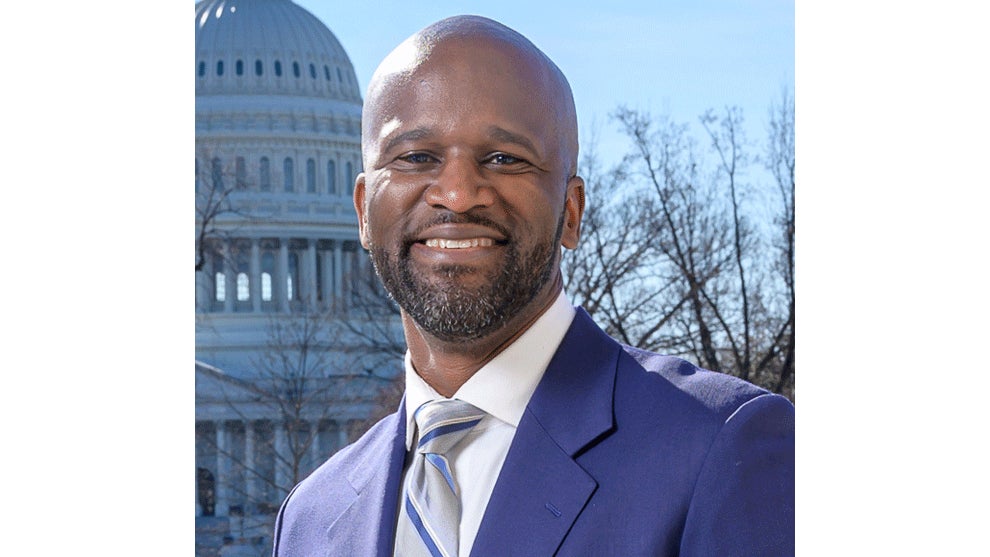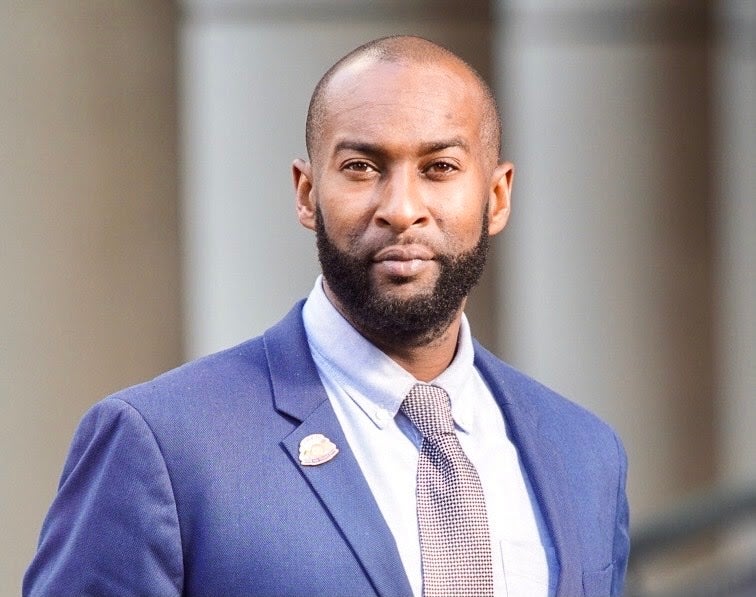Federal appeals court clears Mississippi LGBT objection law
Published 7:54 pm Thursday, June 22, 2017
JACKSON (AP) — A federal appeals court said Thursday that Mississippi can enforce a law that allows merchants and government employees cite religious beliefs to deny services to same-sex couples, but opponents of the law immediately pledged to appeal.
A three-judge panel of the 5th U.S. Circuit Court of Appeals reversed a judge’s decision that had blocked the law.
U.S. District Judge Carlton Reeves had ruled that the law unconstitutionally establishes preferred beliefs and creates unequal treatment for LGBT people. His ruling prevented the law from taking effect last July.
The law does not take effect immediately. Plaintiffs are allowed time to appeal.
The 5th Circuit panel did not rule on whether the law is constitutional. Legal experts said the law, which started as House Bill 1523 , is the broadest religious-objections measure enacted by any state.
Championed and signed in 2016 by Republican Gov. Phil Bryant, it aims to protect three beliefs: marriage is only between a man and a woman; sex should only take place in such a marriage; and a person’s gender is determined at birth and cannot be altered. It would allow clerks to cite religious objections to recuse themselves from issuing marriage licenses to same-sex couples, and protect merchants who refuse services to LGBT people. It could affect adoptions and foster care, business practices and school bathroom policies.
Robert McDuff, an attorney for some of the people who sued to try to block the law, criticized the appeals court for saying plaintiffs had failed to show they would be harmed.
“People should not have to live through discrimination in order to challenge this obviously unconstitutional bill,” McDuff said.
Roberta Kaplan, an attorney who represented some of the other plaintiffs, said she and McDuff will appeal the decision by the 5th Circuit panel. Kaplan said she will ask the 5th Circuit to reconsider; McDuff said he will do that or appeal to the U.S. Supreme Court. McDuff said that when — or whether — the law will take effect depends on the outcome of the appeal.
Gay and straight plaintiffs who sued the state say the law gives “special protections to one side” in a religious debate.
Supporters say the law protects Mississippians’ rights to live out their faith.
“As I have said all along, the legislation is not meant to discriminate against anyone, but simply prevents government interference with the constitutional right to exercise sincerely held religious beliefs,” Bryant said Thursday.
Kevin Theriot is an attorney for Alliance Defending Freedom, an Arizona-based Christian group that helped to write the Mississippi law. He praised the appeals court decision.
“The sole purpose of this law is to ensure that Mississippians don’t live in fear of losing their careers or their businesses simply for affirming marriage as a husband-wife union,” Theriot said Thursday.
Douglas NeJaime, a UCLA law professor, is director of the Williams Institute, which researches issues dealing with sexual orientation, law and public policy. He testified in June 2016 on behalf of plaintiffs who sued to block the law. NeJaime said Mississippi was the only state to enact a law that lists specific religious beliefs to be protected in reaction to the 2015 legalization of same-sex marriage.





